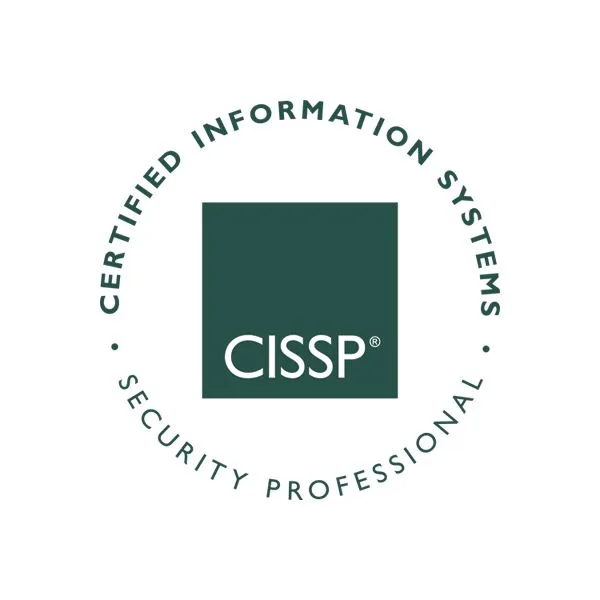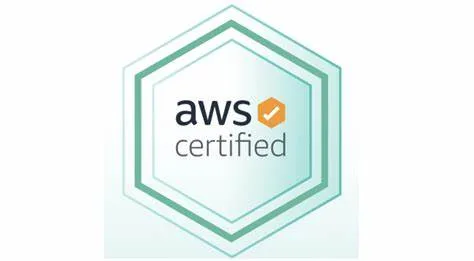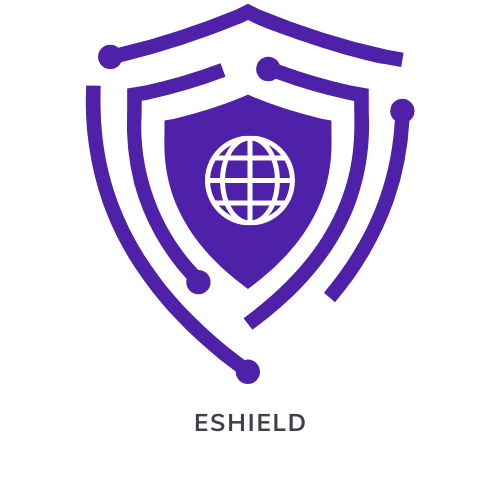What is the Career Outlook for Cloud Security Engineers in 2024?

The career outlook for Cloud Security Engineers in 2024 is expected to be very promising. As companies continue to move their data and applications to the cloud, the need for skilled security professionals to protect these assets will only increase. According to the U.S. Bureau of Labor Statistics, the demand for information security analysts, which includes Cloud Security Engineers, is projected to grow by 32% from 2020 to 2030, much faster than the average for all occupations.
Cloud Security Engineers are responsible for designing, implementing, and maintaining security measures to protect data and applications in the cloud. With the increasing number of cyber threats and the importance of data security for businesses, the role of Cloud Security Engineers will continue to be crucial in safeguarding sensitive information.
Overall, Cloud Security Engineers can expect to have strong job prospects and opportunities for career advancement in 2024 and beyond. Additionally, the increasing use of cloud technologies across various industries will likely lead to a higher demand for professionals with expertise in cloud security.
How to Start a Career as a Cloud Security Engineer?

1. Gain relevant education and certifications:
Start by earning a degree in computer science, information technology, cybersecurity, or a related field. Additionally, pursue certifications such as Certified Cloud Security Professional (CCSP), Certified Information Systems Security Professional (CISSP), or Certified Cloud Security Specialist (CCSS) to build your expertise in cloud security.
2. Develop technical skills:
Cloud security engineers need a strong understanding of cloud computing platforms such as Amazon Web Services (AWS), Microsoft Azure, and Google Cloud Platform. Familiarize yourself with cloud security tools, encryption techniques, network security, and secure coding practices.


3. Gain practical experience:
Look for internships, entry-level positions, or volunteer opportunities to gain hands-on experience in cloud security. Consider joining organizations like OWASP or Cloud Security Alliance to network with professionals in the field
4. Build a strong professional network:
Attend industry conferences, workshops, and networking events to connect with experienced cloud security professionals. Join online forums and LinkedIn groups to stay updated on industry trends and job opportunities.


5. Stay updated on industry trends:
Cloud security is a rapidly evolving field, so it is essential to stay current with the latest advancements in technology and best practices. Subscribe to industry publications, follow experts on social media, and participate in continuing education programs to enhance your skills.
6. Apply for jobs:
Once you have acquired the necessary education, certifications, and experience, start applying for cloud security engineer positions. Tailor your resume and cover letter to highlight your relevant skills and experience, and be prepared to showcase your knowledge during interviews.


7. Continuously improve your skills:
As you progress in your career as a cloud security engineer, continue to expand your knowledge and skills through additional certifications, training courses, and professional development opportunities. Stay proactive in learning about new technologies and security threats to stay competitive in the field.
Salaries for Cloud Security Engineers in 2024

The salary for a Cloud Security Engineer for beginners in 2024 can vary depending on factors such as location, company size, and level of experience. On average, a beginner Cloud Security Engineer can expect to earn between $70,000 and $90,000 per year. However, salaries can range from $60,000 to $100,000 or more, with some companies offering additional bonuses and benefits. It is important to research the specific job market and industry trends in your area to get a more accurate idea of the salary range for Cloud Security Engineers in 2024.
Which Cloud Security Certifications are In-Demand in 2024?

1. Certified Cloud Security Professional (CCSP) –
This certification is offered by (ISC)² and is highly respected in the industry. It validates the skills and expertise required to secure cloud environments and is likely to remain in-demand in 2024.
2. Certified Information Systems Security Professional (CISSP) –
While not specifically focused on cloud security, the CISSP certification from (ISC)² covers a wide range of security topics, including cloud security. This certification is widely recognized and respected in the industry.


3. Google Cloud Professional Security Engineer –
As more organizations adopt Google Cloud, the demand for professionals with expertise in securing Google Cloud environments is likely to increase. This certification validates the skills required to design and implement secure Google Cloud solutions.
Professional Cloud Security Engineer Certification | Learn | Google Cloud
5. Microsoft Certified: Azure Security Engineer Associate –
With the increasing adoption of Microsoft Azure, the demand for professionals with expertise in securing Azure environments is likely to grow. This certification validates skills in implementing security controls and managing security operations in Azure.
Microsoft Certified: Azure Security Engineer Associate – Certifications | Microsoft Learn

What Are the Career Paths for Cloud Security Engineers?
Cloud security engineers have a variety of career paths to choose from, depending on their interests and skills. Some possible career paths for cloud security engineers include:

1. Cloud Security Architect:
Cloud security architects design and implement security solutions for cloud-based systems and applications. They work closely with other IT professionals to ensure that security measures are integrated into every aspect of a company’s cloud infrastructure.
2. Cloud Security Analyst:
Cloud security analysts monitor and analyze security threats and vulnerabilities in cloud environments. They also help develop and implement security policies and procedures to protect sensitive data.


3. Cloud Security Consultant:
Cloud security consultants work with organizations to assess their security needs and develop customized solutions to protect cloud-based systems. They may also provide training and guidance to IT teams on cloud security best practices.
4. Cloud Security Manager:
Cloud security managers oversee a team of security professionals and are responsible for developing and implementing security strategies for an organization’s cloud infrastructure. They also play a key role in planning and implementing security measures in response to emerging threats.


5. Chief Information Security Officer (CISO):
CISOs are senior-level executives who are responsible for overseeing an organization’s overall security strategy. Cloud security engineers can work their way up to this role by gaining experience and expertise in cloud security best practices.
6. Penetration Tester:
Cloud security engineers with a passion for ethical hacking may pursue a career as a penetration tester, where they simulate cyber attacks to identify and fix security vulnerabilities in cloud-based systems.

Common Interview Questions for Cloud Security Roles

1. Can you explain the difference between encryption and tokenization in cloud security?
Answer: Encryption involves converting data into a code to prevent unauthorized access, while tokenization involves substituting sensitive data with a token that has no intrinsic value.
2. How do you ensure data confidentiality in a cloud environment?
Answer: I ensure data confidentiality by implementing strong encryption algorithms, controlling access permissions, and regularly monitoring and auditing data access.
3. How do you handle security incidents or breaches in a cloud environment?
Answer: I have a well-defined incident response plan in place that includes immediate containment of the breach, data recovery, forensic analysis, and notification of relevant stakeholders.
4. How do you stay updated on the latest security threats and trends in cloud computing?
Answer: I continuously engage in professional development by attending conferences, webinars, and training sessions, reading industry publications, and participating in online forums to stay informed about the latest security threats and trends.
5. How do you ensure compliance with regulatory requirements such as GDPR or HIPAA in a cloud environment?
Answer: I work closely with legal and compliance teams to ensure that our security policies and practices align with regulatory requirements. I conduct regular audits and assessments to ensure ongoing compliance and make necessary adjustments as needed.
6. What experience do you have in cloud security?
Answer: I have X years of experience in designing, implementing, and maintaining cloud security solutions for various clients. I have worked with different cloud providers such as AWS, Azure, and Google Cloud to secure their environments and protect sensitive data.
7. How do you stay current with the latest trends and threats in cloud security?
Answer: I regularly attend conferences, webinars, and training sessions to stay up-to-date with the latest trends and threats in cloud security. I also participate in industry forums and collaborate with colleagues to share knowledge and best practices.
8. How do you approach risk assessment and mitigation in a cloud environment?
Answer: I conduct thorough risk assessments to identify potential vulnerabilities and threats in the cloud environment. I then prioritize risks based on impact and likelihood and develop a mitigation strategy to address them, such as implementing access controls, encryption, and monitoring solutions.
9. Can you provide an example of a successful cloud security project you have worked on?
Answer: In my previous role, I led a project to migrate a client’s on-premises infrastructure to the cloud while ensuring data security and compliance. I implemented a robust security framework that included firewall configurations, encryption policies, and continuous monitoring, resulting in a successful and secure migration.
10. How do you handle security incidents in a cloud environment?
Answer: I follow established incident response protocols to detect, investigate, and respond to security incidents in a cloud environment. I work closely with cross-functional teams to contain the incident, analyze the root cause, and implement corrective measures to prevent future occurrences.
11. How do you ensure compliance with regulatory requirements in a cloud environment?
Answer: I have experience working with regulatory frameworks such as GDPR, HIPAA, and PCI DSS to ensure compliance with data protection and privacy regulations in the cloud. I implement security controls, conduct regular audits, and provide documentation to demonstrate compliance to auditors and regulators.
12. How do you approach cloud security training and awareness for end users?
Answer: I develop and deliver training programs to educate end users on best practices for cloud security, such as strong password management, phishing awareness, and secure file sharing. I also create user-friendly documentation and resources to promote security awareness and adoption.
13. How do you assess the security posture of third-party cloud vendors?
Answer: I conduct thorough security assessments of third-party cloud vendors to evaluate their security controls, policies, and practices. I review vendor security assessments, certifications, and compliance reports to ensure they meet our security requirements and standards.
14. How do you prioritize security initiatives in a cloud environment with limited resources?
Answer: I prioritize security initiatives based on risk assessment, business impact, and compliance requirements in a cloud environment with limited resources. I focus on implementing essential security controls first, such as encryption, access controls, and monitoring, to mitigate the highest risks.
FAQ
1. What does a cloud security engineer do?
A cloud security engineer is responsible for securing cloud environments and cloud architectures in organizations. They ensure that security best practices are implemented in cloud computing infrastructures to protect sensitive data.
2. How to become a cloud security engineer?
To become a cloud security engineer, you need to gain relevant certifications such as AWS Certified Security or Google Cloud Certification. Develop technical skills in cloud security and gain hands-on experience in cloud environments.
3. What are the career prospects for cloud security engineers in 2024?
The demand for cloud security engineers is expected to rise in 2024 as organizations prioritize cybersecurity and cloud security. Pursuing a professional cloud security engineer career can lead to a rewarding path.
4. What are the important certifications for a cloud security engineer?
Key cloud security certifications include Certified Cloud Security Professional, AWS Certified Security, and Google Cloud Certification. These certifications validate expertise in securing cloud infrastructures.
5. What are the responsibilities of a security analyst in a cloud environment?
A security analyst in a cloud environment is tasked with monitoring and analyzing security measures to detect and prevent potential security threats. They work closely with security professionals to strengthen the information security.
6. What are the career prospects for a cloud security engineer in 2024?
In 2024, the demand for cloud security engineers is expected to rise as more organizations move their operations to cloud environments. This creates opportunities for those with expertise in cloud computing and information security.
7. What are the essential skills required for a cloud security engineer role?
Essential skills for a cloud security engineer include security best practices, technical expertise in cloud infrastructure and architecture, and proficiency in security solutions and cybersecurity measures.
8. How does one start a career in cloud security?
Starting a career in cloud security typically involves gaining experience in cloud environments, acquiring relevant certifications, and developing strong security skills and knowledge of cloud architecture.











